10 Oversights That Can Make Your Calm Dog Lash Out
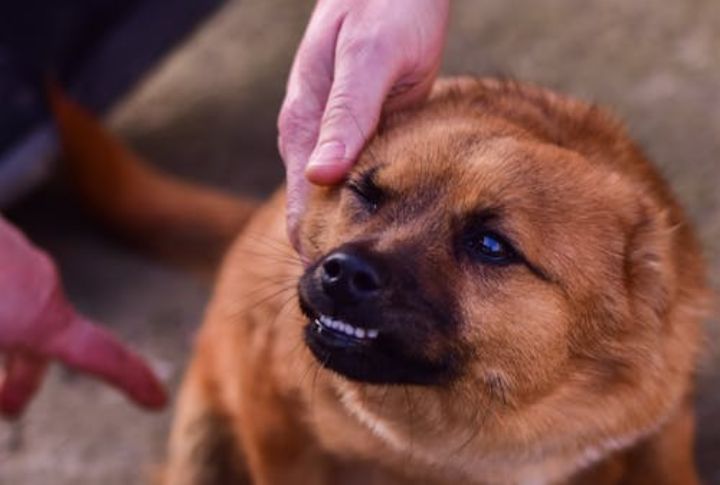
You think your dog is calm until suddenly, they aren’t. Many outbursts build slowly through small, repeated oversights. So, here we are, revealing 10 common mistakes dog parents make that can disrupt their pet’s emotional balance and cause them to snap before you realize what happened.
Skipping Puppy Socialization At The Right Time
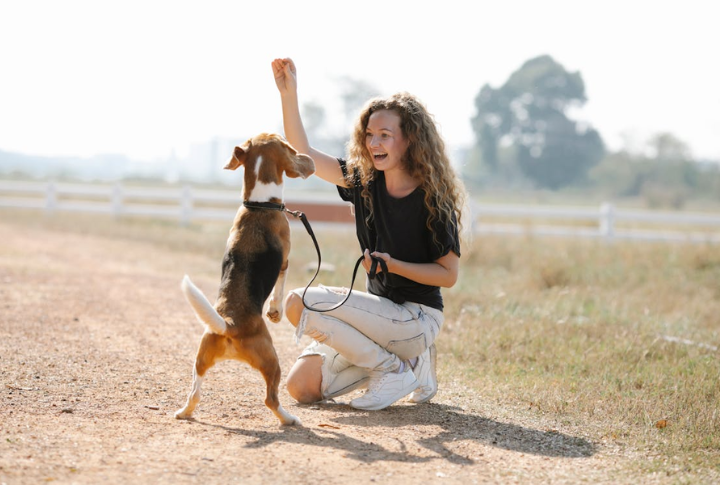
A puppy’s early world sets the tone for everything that follows. If socialization doesn’t happen before 14 to 16 weeks, fear can take root. Dogs that miss these exposures often react to the unknown with defensiveness, as early encounters shape the confidence they carry into adulthood.
Overlooking Pain As A Cause Of Aggression
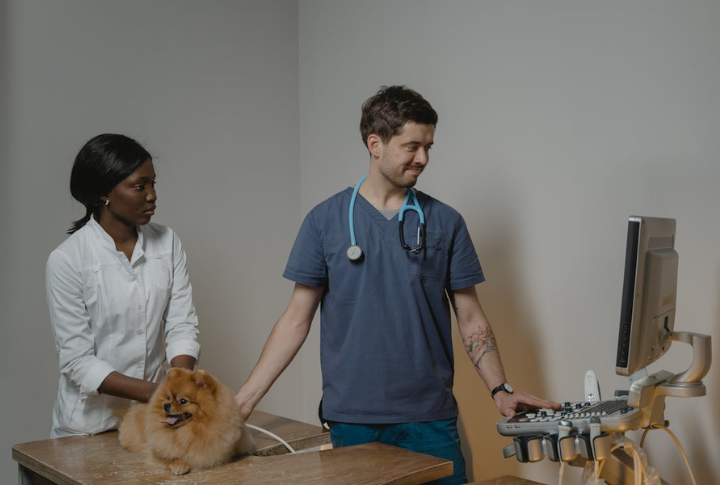
Not all aggression starts with behavior. In many cases, it begins with pain. Undiagnosed issues, such as dental trouble or injury, can trigger snapping or growling. These reactions are often mistaken for disobedience. But regular checkups can help you spot such discomforts before they change your dog’s response.
Flooding Dogs With Noise, Crowds, Or Excessive Handling
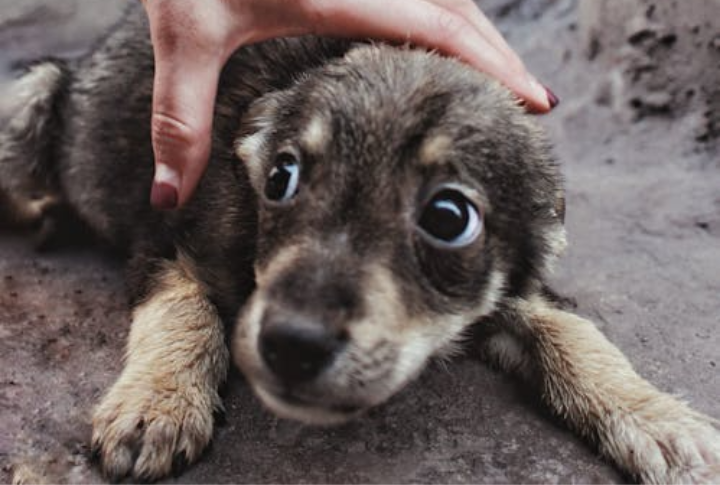
Constant noise and stimulation affect a dog’s chemistry over time. Crowded settings or too much handling can raise their stress levels and impair their decision-making ability. Dogs can even bite when startled in this chaos. As for sensitive breeds, they need quiet decompression to stay calm in such situations.
Using Harsh Discipline Instead Of Clear Guidance

Fear-based methods leave dogs anxious and unsure of how to interact with confidence. On the other hand, positive reinforcement has consistently proven more effective in guiding their behavior. Dogs who are frequently punished may suddenly bite. So, jerking the leash or shouting will only deepen your dog’s fear and lead to aggressive reactions.
Sending Mixed Signals With Inconsistent Rules
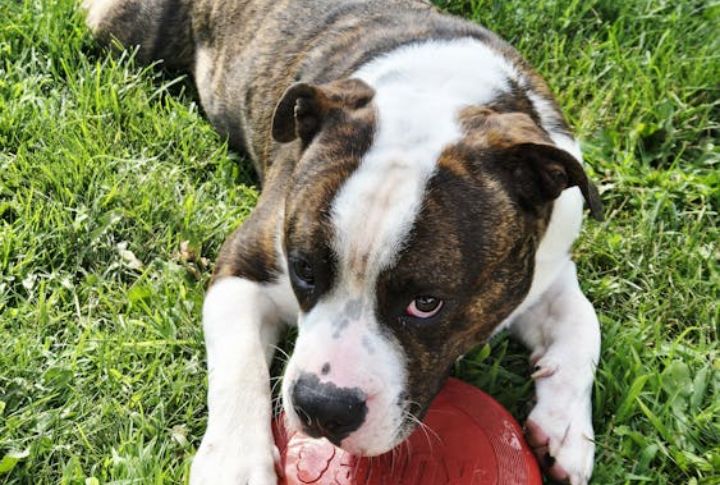
When rules change without warning, pets get confused. If the couch is allowed one day and scolded the next, insecurity builds. Without steady guidance, dogs attempt to respond on their own. You need to ensure a clear structure and consistency to help them stay calm over time.
Ignoring Early Warnings Like Growling
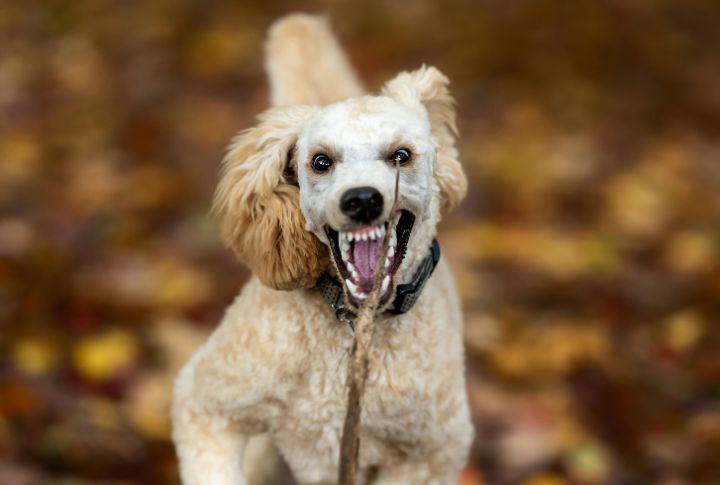
A slow growl, stiff posture, or retreating body language indicates that a dog is uncomfortable. If you miss those cues or punish them instead, their ability to communicate safely is lost. Many dogs then turn to bite without obvious warning.
Keeping The Leash Tight When Tension Builds
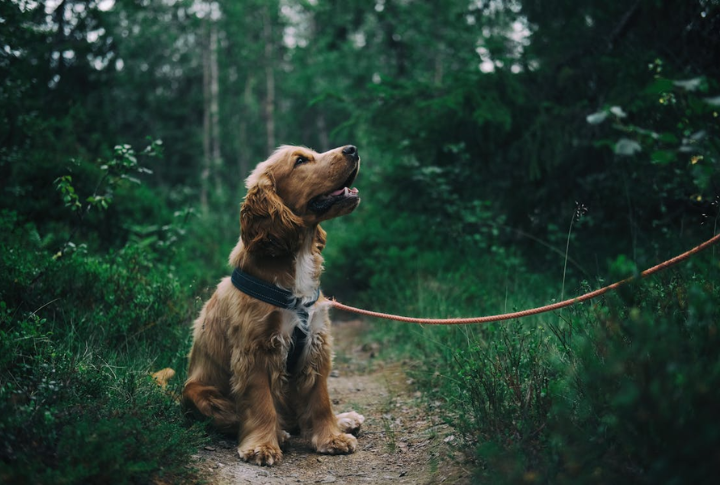
Leash pressure affects more than motion. It restricts a dog’s ability to communicate and respond naturally. As restraint builds, so can frustration, which may lead to reactive behaviors. So, train your dog to be on a loose leash. It will build a more peaceful behavior.
Not Providing Enough Mental Stimulation
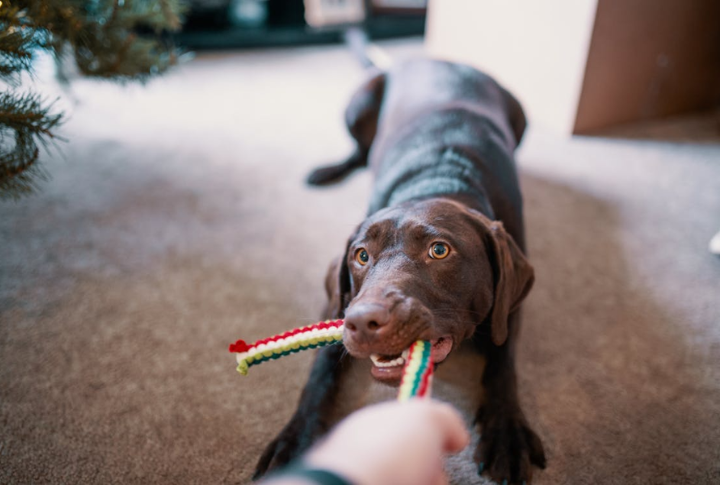
Breeds like Border Collies or Shepherds need more than walks. They crave tasks that challenge their minds, too. Without this, they may start overguarding or barking too much. Boredom leads to this frustration. So, don’t skip regular scent games or training sessions. They will help channel your dog’s energy into something good.
Comforting At The Wrong Moment
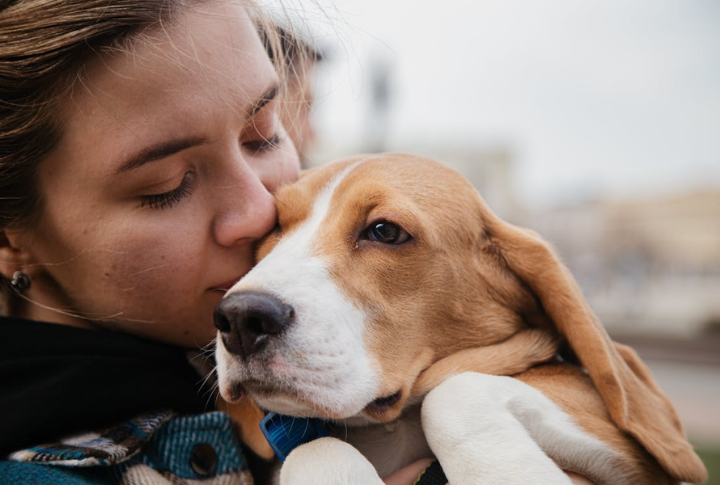
Timing plays a critical role, especially when treats or attention follow growling, as dogs connect that reward with their past behavior. This connection can unintentionally reinforce snapping or lunging. Since soothing alone won’t change behavior, redirection offers more precise feedback and a better way to shift responses thoughtfully.
Overlooking Your Dog’s Inherited Behavioral Traits
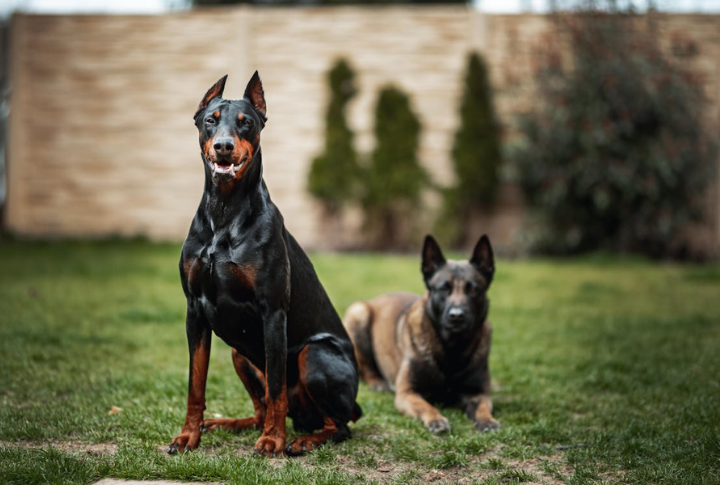
Certain breeds were developed for guarding or prey tracking. If those instincts are ignored, frustration and misbehavior often follow. A herding dog might nip feet, while a guard dog might resist strangers. So, make sure your training respects the temperament hardwired into your breed’s design.





